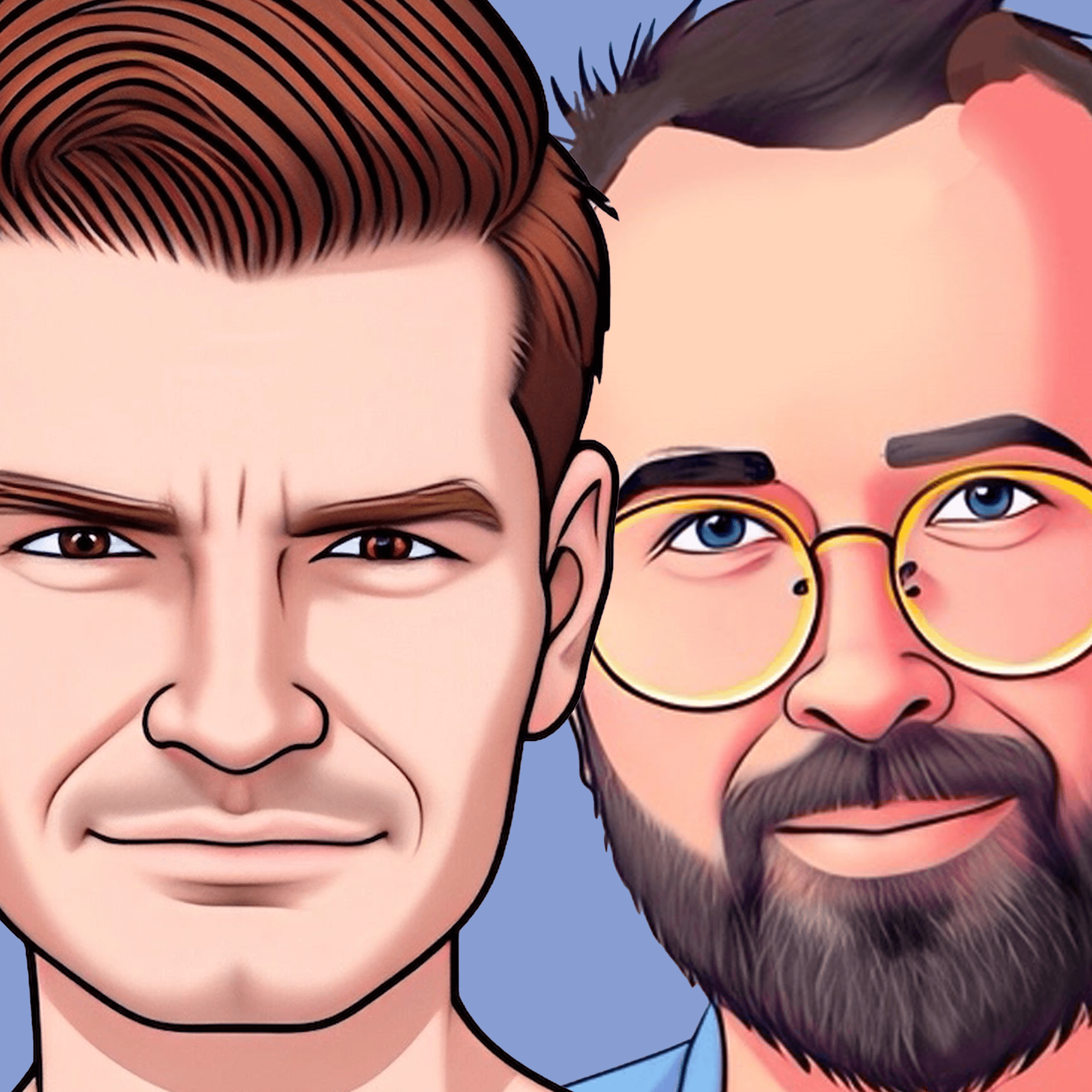In this podcast episode, I had an engaging discussion with Peet Sneekes and Ron Kersic about the evolving landscape of technology, organizations, and software engineering. We explored the concept of “egoless engineering” and how traditional organizational structures are becoming less suitable for today’s complex digital world. We agreed that there’s a need for more holistic, collaborative approaches in engineering and a shift towards understanding technology’s impact on people and society.
We delved into the implications of generative AI on software development and creativity. While acknowledging its potential to increase productivity and accessibility, we also discussed the importance of maintaining human judgment and responsibility in its application. We emphasized the need for engineers to adapt to this changing landscape by developing broader perspectives and improving their ability to collaborate with diverse groups of people.
Ron and Peet have their own podcast called “It’s Just A Model”, which I highly recommend if you liked this podcast.
If you enjoyed this episode, you will also like the one I did with Selçuk Šașoğlu.
Podcast & Key Points
03:06 🌐 Technology cannot be isolated – it must include people, communities, and organizations. Technologists have an obligation to communicate this to non-technical people.
10:41 🏭 Many modern organizations still use organizational structures based on World War II-era industrial models, which are not well-suited for today’s complex digital landscape.
26:29 🧠 The concept of “egoless engineering” encourages viewing projects holistically rather than dividing responsibilities, promoting collaboration and shared ownership.
37:18 ✈️ Unlike physical engineering, digital technology allows for “building the plane while flying it” – systems can be developed and modified in real-time due to the flexible nature of software.
48:20 💡 While AI may seem to stifle creativity when viewed solely as a productivity tool, it can actually enhance creativity by generating novel ideas and allowing users to explore new concepts.
49:56 🔮 Amara’s Law states that we tend to overestimate technology’s short-term impact (2 years) while underestimating its long-term impact (10-20 years), highlighting the importance of considering future paradigm shifts.
52:41 🏛️ Government agencies face unique challenges in adopting digital technologies, often due to outdated models and difficulty in seeing alternative approaches rather than technological limitations


Leave a Reply